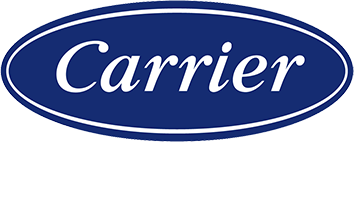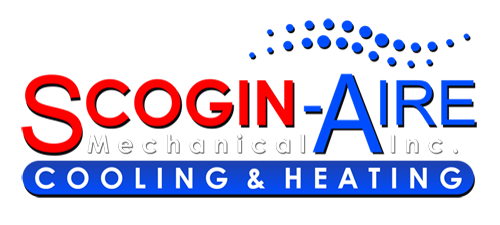How to self-diagnosis a home air conditioner?

The home air conditioner is a mechanical device, so that it may fail with time. Even if your home A/C works well now, it is good to be prepared for the time when you might need to do some troubleshooting or maintenance before summer starts, and you want to use it daily.
The first thing we should learn about our A/C unit is how it works. There are six main components of an A/C: fan, evaporator coil, condenser coil, compressor (also called the condenser), expansion valve and electric controls. They work together to produce cool air inside of our house.
Before we can understand what makes them malfunction; we need to know what they do individually:
- Fan: it is the only moving part within the A/C and provides airflow for distribution. It pushes cold air out of the evaporator coil and sucks warm air from the room back to outside through the condenser.
- Evaporator coil: as its name suggests, the evaporator coil cools down hot air as it replaces some evaporated refrigerant (which has high pressure and low boiling point) with cold water (water used here is similar to that we drink; but not pure). This process makes cold air inside of our house.
- The condenser is integral since it transfers heat from the outside into the compressor and fans motor. It also dissipates heat from the compressor and fans motor as it cools their internal parts.
- Compressor: it works like a refrigerator, which has to have high pressure inside to freeze water. During its operation, the compressor's part that is cooled down by the condenser gains temperature becoming a gas again (since all gases are kept at low temperature). That way, we get refrigerant with high pressure and low boiling point going into evaporator coil once again. It looks like the process of cooling the room outside continues endlessly.
- An expansion valve is an automatic control valve that adjusts refrigerant flow through the expansion process based on decreasing or increasing temperature difference from entering from outside to set point.
There are three main reasons why your A/C may not work:
- Too much hot air in the room
- Dirty evaporator coil
- Low refrigerant level or leak
Too much hot air in the room:
- If you have an old home with poor insulation, it means that the fan has to do more work than usual and will probably consume more electricity. Suppose your central unit is outside of the house. In that case, too much heat from outside could also influence electric consumption. It needs to be cooled down before transferring heat into a compressor and fan motor (expansion process). This might end up making your electric bill go up relatively high throughout the summer months since you are trying to cool the air that should not be there in the first place by using too much electricity.
How to solve it?
- Use an energy-efficient fan for better airflow in each room.
- Close the windows in direct sunlight if possible; that way, you will also prevent too much hot air in your house by allowing only filtered one to come in. It is effective primarily if heat outside is caused by the sun. If, however, heat comes from other sources or your home lacks insulation, closing windows alone may not be enough since there still might be some hot air present inside the house. That makes maintaining the right temperature critical before starting the A/C unit to get rid of unpleasant feelings once you enter a room that feels less comfortable than usual during high temperatures outside.
Dirty evaporator coil:
As an evaporator cools down hot air, we must clean it regularly; otherwise, dirt and debris will accumulate over time. During cooling the room outside, this may make your A/C work harder and less efficient, which means additional electricity use for the fan (and compressor) and a hotter environment inside each room despite having a cooler one outside.
How to solve it?
Ensure you arrange cleaning of evaporator coils once or twice per year, especially if there are pets at home because their fur tends to gather on evaporators more than anywhere else.
It is also recommended to vacuum filters located just below the central unit since they prevent any accumulated dust and debris from falling onto the evaporator.
However, you need to make sure that filters are not dirty before cleaning them (if they are clean, you can wash them with warm water and household detergent; leave them to dry for some time).
How low is the battery?
It is vital to consider all factors that influence the A/C unit's performance to prevent wastage of electricity. The level of refrigerant or air filter should be checked before use.
Low coolant (refrigerant) levels indicate a possible leak or blockage somewhere in the system, so this might impact your electricity bill, too, since it makes the compressor work harder than necessary by trying to maintain the temperature inside each room. On the other hand, a dirty air filter might signify that you need to clean or replace it for room cooling to be effective.
All factors considered need not be majorly affected to make your A/C less efficient because none of them can influence overall performance. However, they combine and affect overall performance with additional factors such as the outside temperature, which directly influences electricity consumption.
In cases where electricity use is higher than average, you will have to check all possible reasons why this is happening before trying to solve the problem; otherwise, saving money won't come from having a better understanding of the system's behavior unless we take into consideration things mentioned above.







